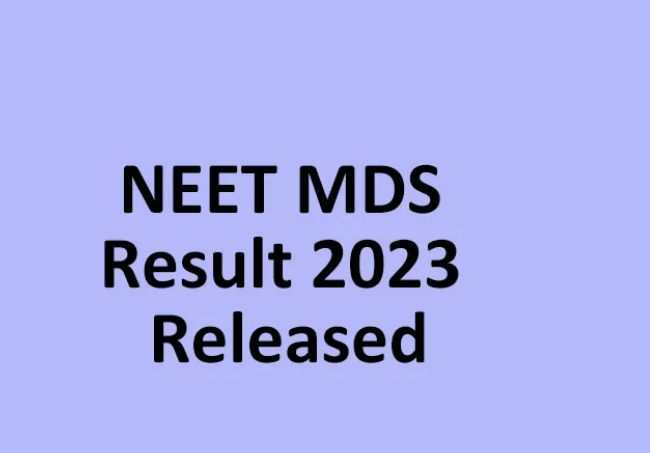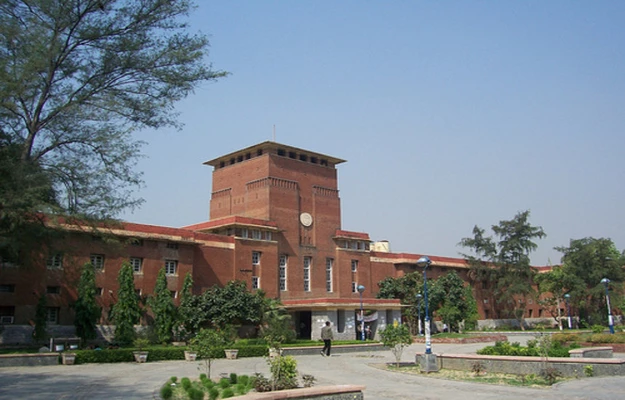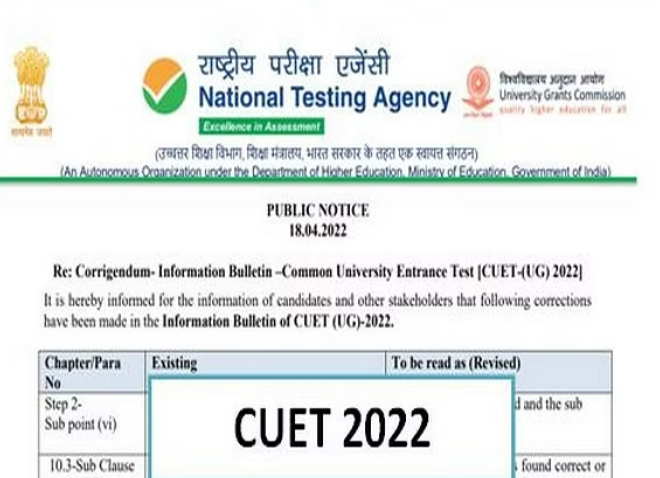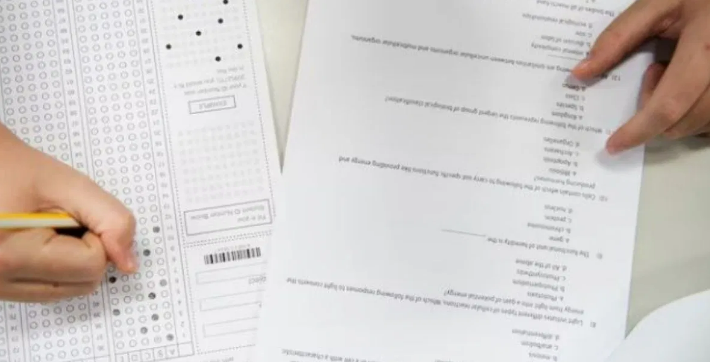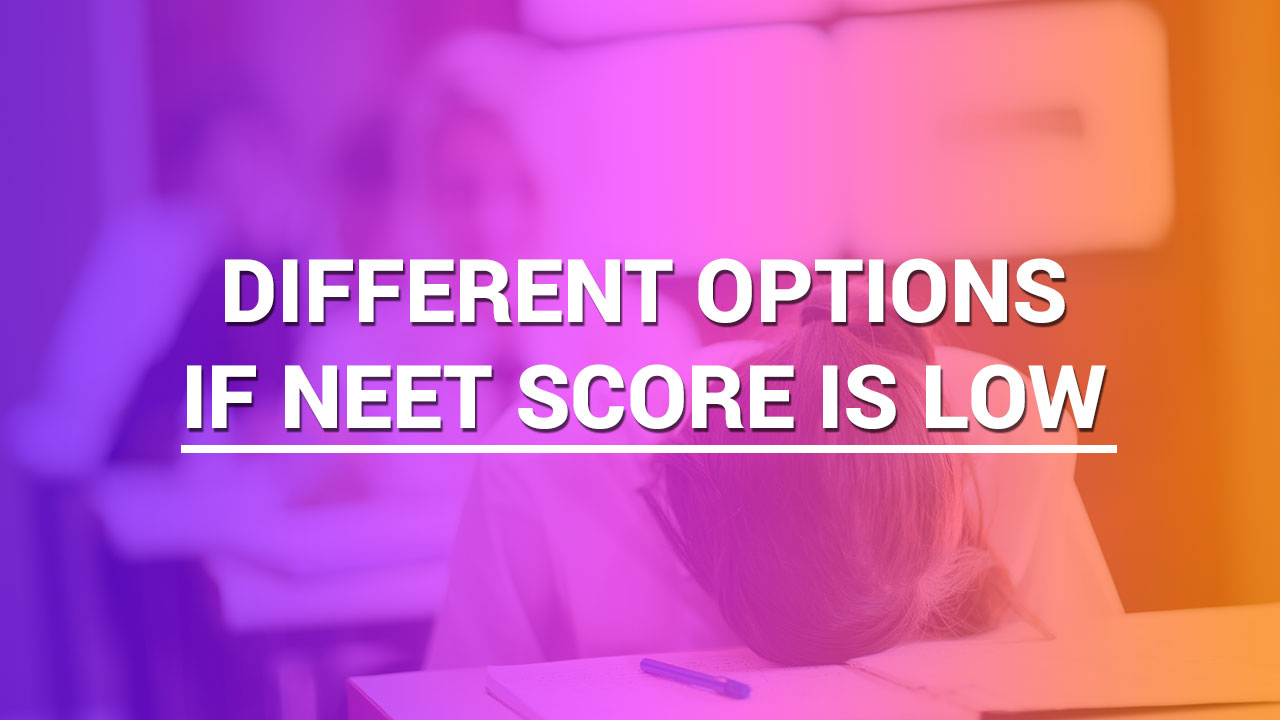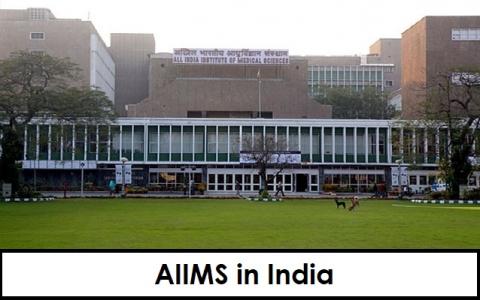Are you an underachieving student looking for a top-notch education in India? Look nowhere else! We provide a thorough study of the best universities in India that accept applicants with low test scores in this extensive post. We recognise how crucial it is to choose a school that provides high-quality instruction, first-rate facilities, and a welcoming environment. Discover the best colleges where you can pursue your academic goals without sacrificing the standard of instruction by reading on.
The Value of Selecting the Correct University
Your future is significantly shaped by the university you choose. It has an impact on both your whole personal and professional growth in addition to your academic career. A successful education is influenced by a variety of factors, but picking a respected school with a positive learning atmosphere is essential.
- Santosh Medical College & Hospital, Ghaziabad:
Established in 1996, Santosh Medical College offers a remarkable opportunity for low-scoring students. The cut-off for management category students is around 179- 163, with subsequent rounds having lower cut-offs. With a tuition fee of 24 lakhs per year for management quota and 50,000 USD for NRI quota, this institution provides affordable options for students seeking quality education. With 150 available seats, this institution offers ample opportunities for aspiring medical students. The associated hospital has 800 beds that gives a good opportunity for clinical experience as well.
- Sri Lalithambigai Medical College & Hospital, Tamil Nadu:
Sri Lalithambigai Medical College & Hospital is yet another fantastic option for low-scoring pupils, having been launched in 2021. The cut-off for the management quota in the first and subsequent rounds is between 161 and 180. The NRI quota’s tuition is 45,000 USD, whereas the management quota is 19,00,000 INR. This college provides plenty of options for aspirant medical students with 150 places accessible.With 330 beds, the affiliated hospital provides a good opportunity for clinical experience.
- SRM Medical Hospital, Chennai:
Low-scoring candidates should consider SRM Medical Hospital, which has a solid reputation dating back to 2005. The first round’s cut-off for the management quota is around 182-153; cut-offs for subsequent rounds. The cost of the management quota programme is 25 lakh INR, it is a good alternative for students looking for a top-notch education.The NRI quota’s tuition is 50,000 USD. With 1635 beds, the affiliated hospital provides a good opportunity for clinical experience.
- Mahatma Gandhi Medical College, Chennai:
Another great option for students that received low scores is Mahatma Gandhi Medical College. It was established in 2002. The cut-off for the management quota varies between 171 and 147 in the initial and succeeding rounds. The management Quota’s tuition is 22,00,000 INR, whereas the NRI Quota is 50,000 USD. This college provides plenty of options for aspirant medical students with250 places accessible and 1380 beds in the hospital.
- Chettinad Hospital & Research Institute, Kancheepuram:
Low-scoring students have a great opportunity thanks toChettinad Hospital & Research Institute, which was founded in 2006. In the first round, the cut-off for students in the management category is roughly 149; future rounds having lower cut-offs 141. This college offers reasonable solutions for students looking for a top-notch education with a tuition price of 24.5 lakhs per year for management Quota and 75,000 USD for NRI Quota with 250 seats available. The hospital has 1180 beds to give ample space for clinical experience.
- VMKV Medical College & Hospital, Salem
The 1996-founded VMKV Medical College & Hospital has given low-scoring students a fantastic opportunity. The typical category cutoff for students in the first round is approximately 143-148. With a tuition cost of 20 lakhs per year for General Quota with 150 seats available. The hospital has 560 beds.
- Aarupadai Veedu Medical College and Hospital, Puducherry:
Low-scoring candidates should consider Aarupadai Veedu Medical College and Hospital, which has a solid reputation dating back to 1999. The first round’s cut-off for the management quota is around 138; cut-offs for subsequent rounds is 123. Although the precise cost of the management quota programme isINR 19,50,000, it is a good alternative for students looking for a top-notch education. The college offers 150 seats with a 540 bedded hospital.
- Sree Balaji Medical College and Research Institute, Chennai:
Low-scoring students have had a great opportunity since the establishment of Sree Balaji Medical College and Research Institute, which was founded in 2003. The cut-off for students in the management category is roughly 129 in the first round, with decreasing cut-offs in subsequent rounds 127. This college offers reasonable solutions for students seeking a top-notch education with a tuition price of 25 lakhs per year for management quota and 60,000 USD for NRI quota. The college offers 250 seats with 1190 beds.
- ACS Medical College and Hospital, Chennai:
Since the 2008 founding of ACS Medical College and Hospital, low-scoring students have had a fantastic opportunity. The first round’s cut-off for students in the management category is approximately 122, and following rounds’ cut-offs get lower, starting at 119. With a tuition cost of 23 lakhs per year for management quota and 55,000 USD for NRI quota, this college provides affordable options for students seeking a top-notch education. The college has 150 places available, and the hospital has 1110 beds.
- Vels Medical College & Hospital, Chennai:
For students who received low test scores, Wells Medical College & Hospital, steady since 2021, is a great option. In the first and subsequent rounds, the management quota cut-off is between 119 and 128 points, making it reachable for students. With a tuition cost of 21 lakhs per year for management quota and 41,800 USD for NRI quota, this college provides affordable options for students seeking a top-notch education. The college has 150 places available, and the hospital has 533 beds.
- Meenakshi Medical College & Hospital, Kanchipuram:
Established in 2003, Meenakshi Medical College & Hospital offers promising opportunities for low-scoring students. With a management quota cut-off ranging from 128 to 118 in the first and subsequent rounds, this institution is accessible for many aspiring medical students. The tuition fee for management quota is 22,50,000 INR & 60,000 USD for NRI students , and there are 250 seats available. The associated hospital has 1110 beds that give ample opportunity to the students for clinical experience
- Bharat Medical College and Hospital, Tamil Nadu
With a stable reputation since 2020, Bharat Medical College and Hospital is an ideal choice for low-scoring students. The cut-off for management quota is around 117 in the first round, and subsequent rounds have 119 cut-off. The tuition fee for management quota is 23 lakh INR and for NRI its 60,000 USD. It is a viable option for students seeking quality education.
There are 150 seats available. The associated hospital has 300 beds that give ample opportunity to the students for clinical experience
- Shri Laxminarayan Institute of Medical Sciences, Pondicherry
Established in 2006, Soni Laxminarayan Institute of Medical Sciences provides a supportive environment for low-scoring students. The cut-off for management quota ranges from 122 to 117 in the first and subsequent rounds, while the NRI quota requires a score of 439. The tuition fee for management quota is 22,00,000 INR, and 60,000 USD for NRI. The institution offers 250 seats and has a 680 bedded hospital.
- Gitam Institute of Medical Science and Research, Visakhapatnam
Gitam Institute of Medical Science and Research, founded in 2015, is another excellent choice for low-scoring students. The management quota cut-off ranges from 180 to 127 in the first and subsequent rounds. The tuition fee for management quota is 25,37,000 INR, while the NRI quota stands at 45,000 USD. With 150 available seats, this institution offers ample opportunities for aspiring medical students, with a 650 bedded hospital.
- Sri Sathya Sai Medical College and Research Institute, Chennai
Established in 2008, Saree Medical College and Research Institute offers a remarkable opportunity for low-scoring students. The cut-off for management category students is around 117 in the first round. With a tuition fee of 20 lakhs per year for management quota and 50,000 USD for NRI quota, this institution provides affordable options for students seeking quality education. With 250 available seats, this institution offers ample opportunities for aspiring medical students, with an 890 bedded hospital.
The top 15 acknowledged institutions of higher learning in India for medical courses are listed. Each university offers exceptional academic opportunities and programmes for students seeking careers in medicine. Visit the official websites of these colleges for the most up-to-date information as entrance requirements and fees may vary annually. BESPL hopes that your academic endeavors are a success!
Click here to Visit our Youtube Channel for the Video
Mr. Ashok Singh, an educational expert with a wide range of experience, is the source of this material. He began his career as a financial consultant in the banking sector, working for a number of prestigious firms. He obtained a lot of expertise in risk analysis, financial management, and investment planning during this time. He later worked at his mechanical engineering teaching centre, where he guided and instructed students preparing for competitive exams. He was well acclaimed by his pupils for his methods of instruction and his capacity to inspire them to succeed academically.
Ashok Singh has a distinctive viewpoint on the difficulties that students encounter while they work towards their academic objectives. To assist them in navigating the complexity of the educational system, he provides parents and kids with full educational consulting services. His advising services are personalized, and he works closely with each student to develop a unique plan that is suited to their particular requirements and objectives.





















